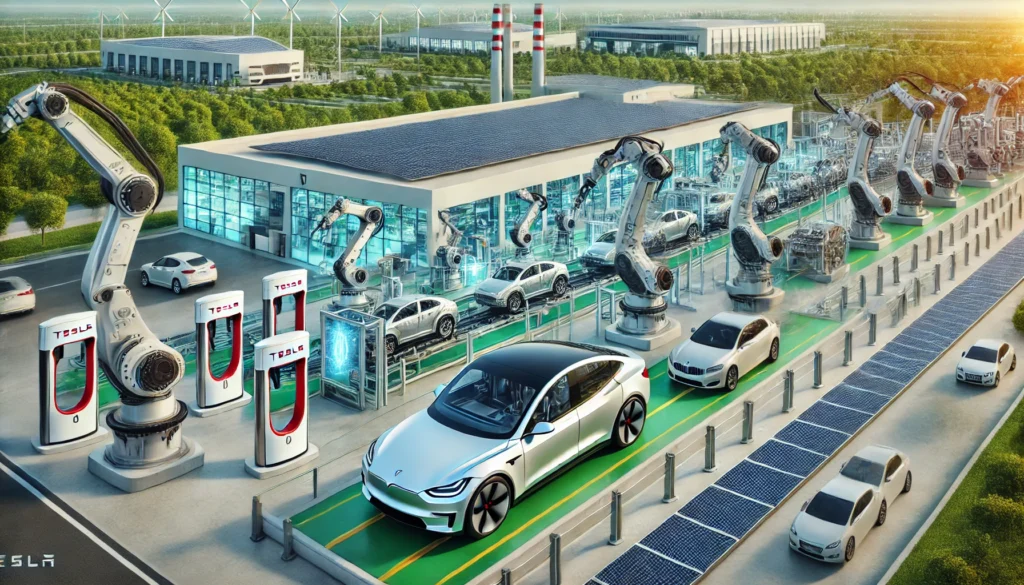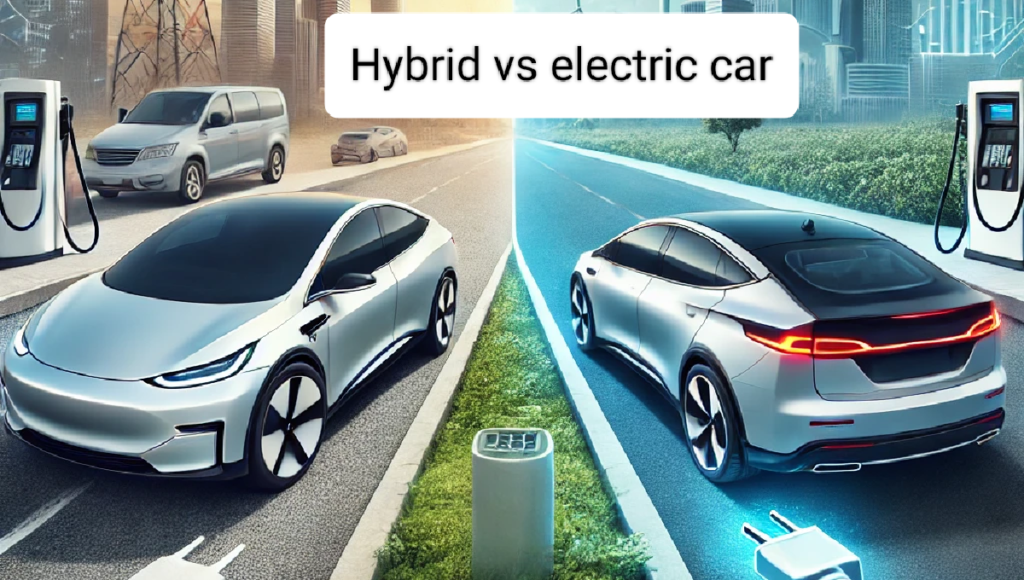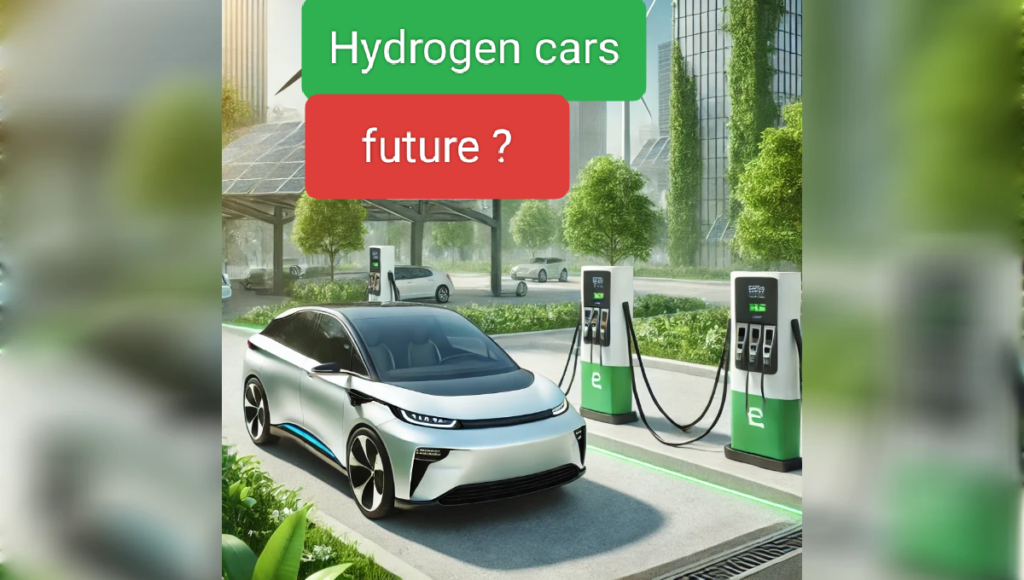
Table of Contents
Introduction
India is making significant strides in the electric vehicle (EV) sector by implementing new policies aimed at boosting investment, expanding infrastructure, and making EVs more affordable for consumers. With the government’s commitment to achieving net-zero emissions by 2070, the latest changes in EV policy are expected to accelerate the transition to clean mobility.
Key Highlights of India’s New EV Policy
- Investment-Friendly Initiatives
- India has introduced a policy to attract global EV manufacturers, particularly Tesla and other leading companies.
- The government offers incentives to companies investing in local manufacturing, aligning with the ‘Make in India’ initiative.
- A minimum investment threshold of ₹4,150 crore has been set for foreign automakers to establish manufacturing units in India.
- Reduction in Import Duties
- To encourage the entry of high-end EV manufacturers, the government has lowered import duties on completely built EVs.
- For EVs priced above ₹29 lakh, the import duty has been reduced from 100% to 15%.
- This is applicable only if the manufacturer sets up local production within three years.
- Companies Benefiting and Price Reduction on Models
- Tesla: Expected to introduce the Tesla Model 3 and Model Y at a reduced price of ₹55 lakh and ₹65 lakh respectively (previously ₹70 lakh and ₹80 lakh).
- BMW: The BMW iX3 and i4 models will see a reduction in price, with the iX3 dropping to ₹80 lakh from ₹95 lakh and the i4 decreasing to ₹72 lakh from ₹85 lakh.
- Mercedes-Benz: The Mercedes EQB and EQS models will benefit from reduced prices, with the EQB now available for ₹72 lakh instead of ₹85 lakh and the EQS dropping from ₹1.65 crore to ₹1.45 crore.
- Hyundai: The Hyundai Ioniq 5 is expected to be priced at ₹45 lakh, down from ₹52 lakh, making it a more competitive option in the premium EV segment.
- Enhanced EV Infrastructure
- Expansion of charging networks in urban and rural areas.
- Incentives for setting up battery swapping stations and public fast-charging stations.
- Mandatory EV charging points in commercial and residential buildings under new construction regulations.
- FAME III Scheme
- The Faster Adoption and Manufacturing of Electric Vehicles (FAME) scheme is set to enter its third phase.
- FAME III will focus on higher subsidies for electric two-wheelers, three-wheelers, and electric buses.
- Enhanced support for research and development in battery technology.
- Battery Production and Recycling
- Strengthening the production-linked incentive (PLI) scheme for battery manufacturing.
- Mandatory battery recycling regulations to promote a circular economy.
- Investment in lithium-ion battery technology and research on alternative battery chemistries.
- State-Level EV Policies
- Several states, including Maharashtra, Delhi, and Tamil Nadu, have introduced additional subsidies and tax exemptions.
- Free registration and road tax exemptions for EVs in select states.
- Additional incentives for setting up EV manufacturing and R&D facilities.
Impact on Consumers and Automakers
For Consumers:
- Reduced prices for EVs due to lower import duties and increased subsidies.
- Improved charging infrastructure, reducing range anxiety.
- More choices in EV models from global manufacturers.
For Automakers:
- Greater incentives to localize production and develop India-specific EV models.
- Increased competition leading to more innovation in battery technology and vehicle design.
- Expansion opportunities with government-backed subsidies and incentives.
Challenges and Future Outlook
Despite these progressive policies, challenges remain, such as:
- High costs of EV batteries and reliance on imported raw materials.
- Need for rapid expansion of charging infrastructure in rural areas.
- Consumer skepticism due to higher upfront costs compared to internal combustion engine (ICE) vehicles.
However, with continued government support, technological advancements, and global investments, India’s EV market is poised for exponential growth in the coming years.
Conclusion
The latest changes in India’s EV policy signal a strong commitment to clean mobility and sustainable transportation. With strategic incentives, infrastructure expansion, and global partnerships, India is set to become a major hub for electric vehicle production and adoption. As these policies take effect, consumers and automakers alike can look forward to a greener and more electrified future on Indian roads


